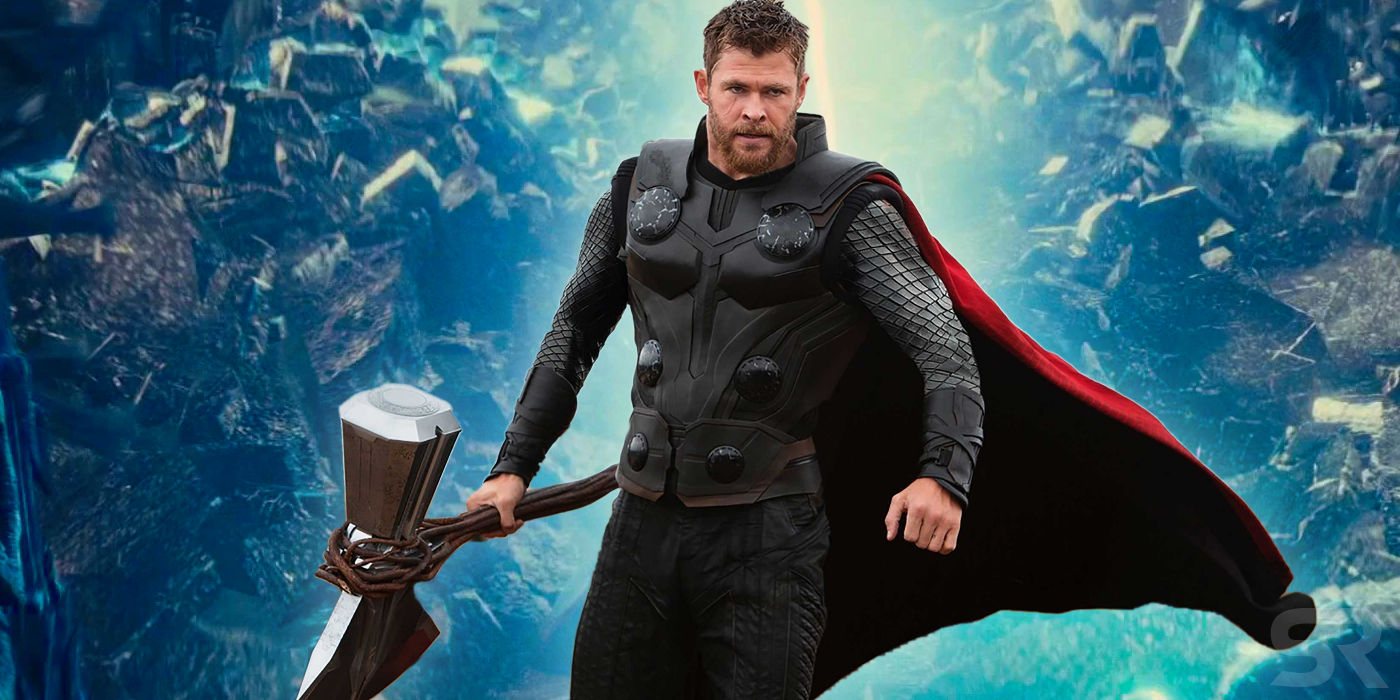
- Industry
From Avengers to Game of Thrones, Myth is Everywhere
“Tell me a story”.
Is there anything that unites humans of all ages love more than the love of stories?
It seems we have been telling stories to each other since the Stone Age, when early humans first drew pictures on the walls of caves art. Man has been making sense of existence and entertaining himself and his community with stories for as long as there are records of human existence.
It’s no different now. If anything, we need stories and myths more than ever to both grapple with the uncertainties of life as well as to distract and entertain ourselves.
Looking at the film and television landscape of the past decade alone, it is replete with retellings of ancient myths. In the West, we keep reverting to Greek mythology, which although remote in some ways, still has deep psychological resonances.
Hardly a year goes by in most countries that doesn’t see productions of Antigone, Medea, The Bacchae, the Odyssey, all of which tell eternal stories of lust, jealousy, revenge which are every bit as violent and intense as a quiet night on Game of Thrones!
Hollywood keeps reverting to retellings of Greek tragedy. We’ve had several retellings of Homer’s The Odyssey which have remained faithful to the original text. Then there’s been the Cohen Brothers cheeky reinterpretation of the tale in O Brother Where Art Thou? . Even The Simpsons has retold The Odyssey.
Woody Allen played with the myths surrounding the Greek goddess Aphrodite with his Mighty Aphrodite.
Rick Riordan’s Percy Jackson series books offer a hilarious retelling of Greek myths have been very successfully adapted by Hollywood, happily bringing in a whole new young audience for Greek gods, demi-Gods and their epic clashes and score-settling.
Clash of the Titans has had a few cinematic retellings, with the popularity of stories of hubris and over-reach by demi-Gods and mortals showing no sign of abating. Ditto for Troy, Hercules, Spartacus, and Alexander. Even though audiences and readers encounter many myths again and again, repetition does not appear to be a problem. The archetypal images of Gods at play and those who would challenge them (Prometheus) appear to make the myths even more powerful in the unconscious of the audience.

A current crop of myth: Good Omens, American Gods, Game of Thrones.
amazon/starz/hbo
In the past two years, two of the most successful box office movies, Wonder Woman and Black Panther were based on myth. Look at the seemingly never-ending desire that viewers have for super-heroes, if the popularity of all the Marvel movies is anything to go by.
Carl Jung wrote of the collective unconscious, identifying that the hard wiring of humans appears to contain a kind of mythic understanding and recognition of archetypes. This is especially true for the Western mind with Greek mythology. Zeus is every boss and CEO. Prometheus is the rule breaker who defies the Gods and is punished (Frankenstein). Aphrodite uses the feminine to charm and seduce. Dionysus is excess and untrammeled sensuality and always compelling (Fantasia).
Tolkien’s The Hobbit and Lord of the Rings never lose their popularity and a Tolkien biopic is happening now.
J.K. Rowling very cleverly repackaged Christian, Greek and Eastern myth into her hugely popular Harry Potter books and movies.
George Lucas has also done a huge service to myth with his Star Wars series, which introduced several generations of film lovers to the work of American mythologist, Joseph Campbell. Campbell is a massively influential figure to creative writers in all media and the template of the Hero’s Journey has been the scaffolding for many a story.
While film has returned to the mythic origins of story, again and again, television has been no slouch in offering viewers a taste of the fantastic. It is superfluous to talk of the obsessive love which fans have for Game of Thrones. The beloved books and series draw on Norse, Christian and Zoroastrian mythology, as well as English and Scottish history (Thomas Cromwell, Anne Boleyn).
Neil Gaiman’s American Gods put this mythic archetypes in contemporary America and set them loose. Good Omens his latest is a whimsical take on creation myth.
As long as there are humans it appears will always be stories. Or as Joan Didion succinctly put it in the title of one of her books “We Tell Ourselves Stories in Order to Live.”

